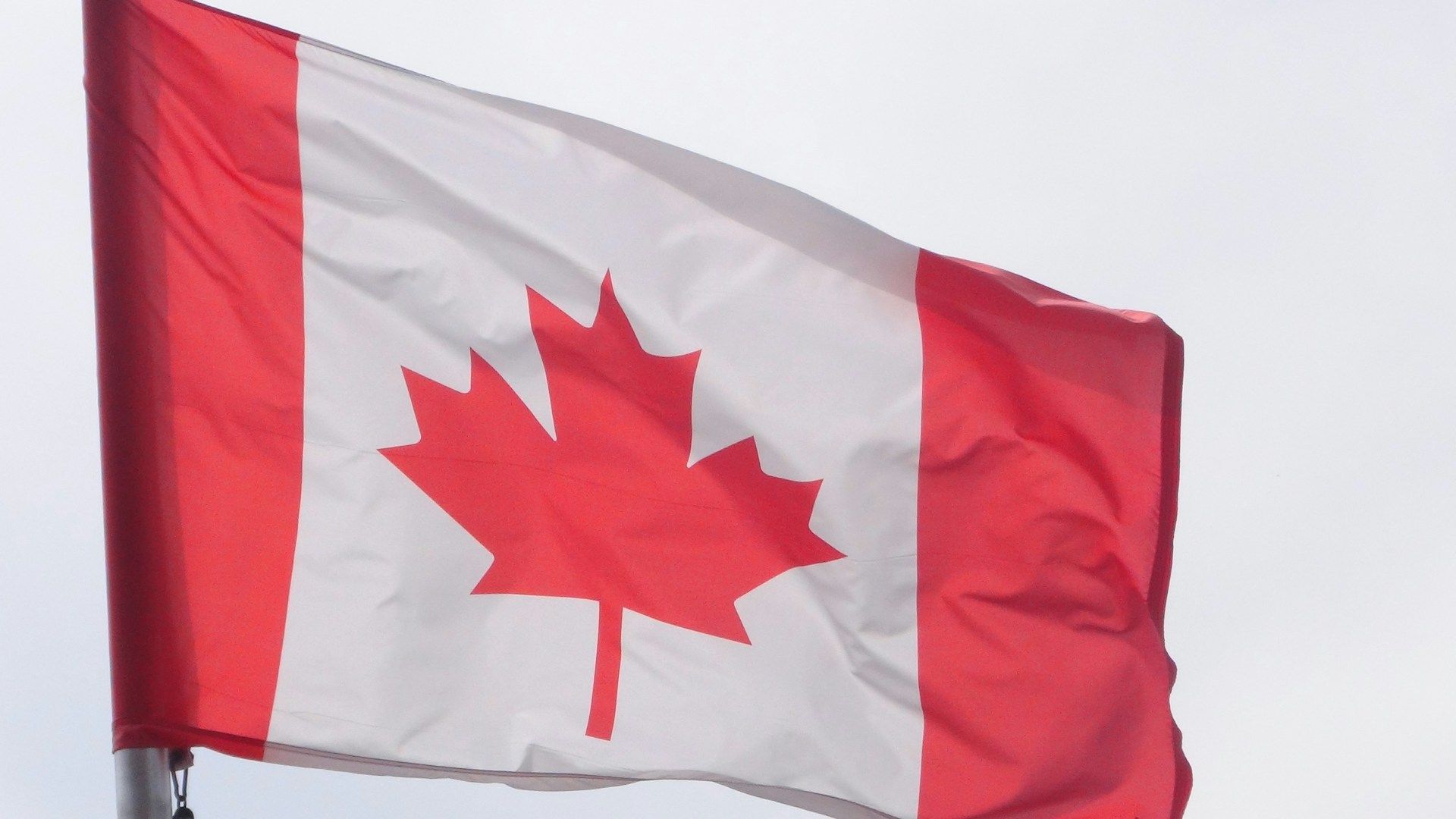
With Canada’s federal election lower than one week away, Canadians are intently watching how political leaders intend to handle digital property. Hundreds of thousands of Canadians maintain, use, or work in crypto, making it a rising focus for financial development and innovation. This politically distinguished and rising neighborhood is shaping conversations about the way forward for finance, with voters signaling cautious openness, to not ban or ignore crypto, however to responsibly combine it into Canada’s monetary system with clear protections, accountability, and forward-looking coverage.
Dean Skurka is a speaker at Consensus 2025, in Toronto Could 15, showing with Kevin O’Leary on Mainstage.
Canada’s management in digital property isn’t theoretical. It has developed via first-of-its-kind milestones, homegrown innovation, and significant regulatory developments, together with:
- Canada put in the world’s first Bitcoin ATM in Toronto in 2013;
- Ethereum, co-founded by Canadian Vitalik Buterin, started in Canada in 2015;
- Vancouver’s Dapper Labs launched groundbreaking NFT platforms like NBA High Shot, which launched in 2020;
- The Ontario Securities Fee and Canadian Securities Administration launched a novel regulatory framework for crypto buying and selling platforms in 2021; and
- Regulatory initiatives comparable to Alberta’s fintech sandbox and blockchain innovation hubs actively assist business development, which launched round 2022.
Voter Momentum and Public Sentiment
The professional-crypto voter base is massive, various, knowledgeable, and engaged. In response to a survey bu Nanos Analysis for the Canadian Web3 Council:
- Youthful Canadians and people with direct funding expertise are inclined to view crypto favourably, indicating a generational and experiential shift in sentiment.
- 60% of Canadians surveyed assist the federal authorities working with business consultants to develop cryptocurrency laws and defend public curiosity. Solely about one in 5 surveyed had been opposed.
- 48% of Canadians say the federal government ought to implement a method for a “extra accessible, inclusive, and efficient monetary ecosystem” that features digital property.
This engaged voter base, the bulk being below 50, represents a big political pressure. The election and subsequent administration provide policymakers an opportunity to assist voters’ eagerness for readability round Canada’s digital future.
In 2022, the (pro-crypto) Conservative chief Pierre Poilievre made headlines for advocating monetary freedom via Bitcoin and decentralized finance, calling for much less management from politicians and bankers and extra energy within the fingers of people. He mentioned he wished to make Canada “the blockchain capital of the world,” permitting individuals to “choose out” of inflation by utilizing cryptocurrencies like Bitcoin.
Learn extra: Nik De – Previewing the Canadian Election’s Crypto Angle
Against this, former Financial institution of Canada Governor Mark Carney, representing the Liberal Occasion, whereas supportive of digital innovation, stays skeptical of the concept that cryptocurrencies like stablecoins will basically reshape the financial system. He has argued that central financial institution digital currencies (CBDCs) could be a safer, extra steady basis for digital cash.
“Stablecoins are finally solely an appendage to the traditional financial system and never a sport changer. CBDCs would scale back the dangers of digital cash and type the inspiration of a extra steady, programmable monetary future,” he wrote in 2021.
In the meantime, NDP chief Jagmeet Singh has overtly criticized crypto’s volatility, citing the monetary losses suffered by Canadians who purchased into digital property as a hedge in opposition to inflation.
“We have now a pacesetter of the opposition who thinks he can magically choose out of inflation by shopping for cryptocurrency, which ended up tanking and hurting individuals,” he mentioned in 2022.
The profitable candidate from this upcoming election has an opportunity to translate these assorted views into coherent platform frameworks and improve Canada’s place as a forward-thinking and tech-driven financial system.
International Indicators: Native Alternative
The European Union has carried out the Markets in Crypto-Property (MiCA) framework, providing clear crypto laws.
The U.S. is enjoying catchup following the election of Donald Trump final November. The U.S. Home Monetary Providers Committee has superior the “Steady Act of 2025,” a big step towards establishing a federal regulatory framework for stablecoins. And bipartisan efforts just like the Digital Forex Tax Equity Act suggest to exempt small crypto transactions below $200 from capital positive aspects taxes. Congressional leaders are actually engaged on a complete “market construction” invoice for crypto and regulators are open-minded about working with firms to adapt present legal guidelines to fashionable wants.
Canada is well-positioned to do the identical. With the fitting insurance policies, we are able to proceed to draw main expertise, preserve homegrown firms right here, and strengthen our world voice in Web3.
The selection is ours.
Why Coverage Readability Issues
Readability on digital asset coverage will have an effect on how Canadians save, make investments, and transact; whether or not new jobs and industries are constructed right here or overseas; and whether or not our nation will lead or observe in a quickly rising digital sector.
Digital property provide tangible advantages like quicker, cheaper remittances for newcomers supporting households abroad, extra accessible monetary instruments for underserved communities, and diversified funding options in occasions of financial uncertainty. Past private finance, blockchain expertise has actual potential to modernize Canada’s monetary infrastructure, improve anti-fraud efforts, and enhance transparency in sectors like provide chain administration and authorities providers.
The Canadian Web3 Council has referred to as for integrating blockchain into Canada’s broader innovation technique, urging federal assist for expertise growth, funding, and the creation of a nationwide blockchain technique. They advocate for clear frameworks round decentralized finance (DeFi), stablecoin regulation, and for Canada to take a management function in world digital asset coverage conversations.
The Position of Trade & Group
The duty of highlighting crypto’s significance largely falls on the business itself. Initiatives like Stand with Crypto Canada (a nationwide advocacy marketing campaign supported by WonderFi and 9 different main firms) are actively educating voters and policymakers in regards to the financial advantages of clear crypto regulation.
Equally, Blockchain North’s Voices for Canadian Crypto marketing campaign, that includes distinguished thought leaders, helps unify business voices, emphasizing the necessity for proactive coverage conversations with leaders.
We have now expertise. We have now the infrastructure. And we’ve got momentum.
Now, we want leaders who see crypto not as a passing development, however as a strong alternative to gas Canada’s financial system and empower a brand new era of builders, traders, and innovators.
The digital financial system is right here. The one query is: will Canada lead?


